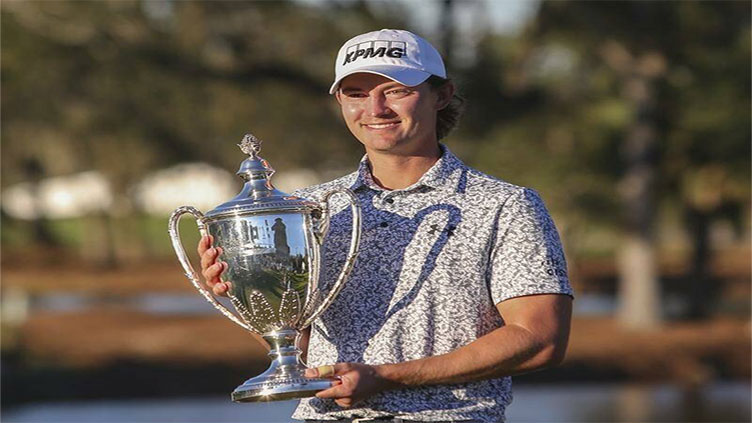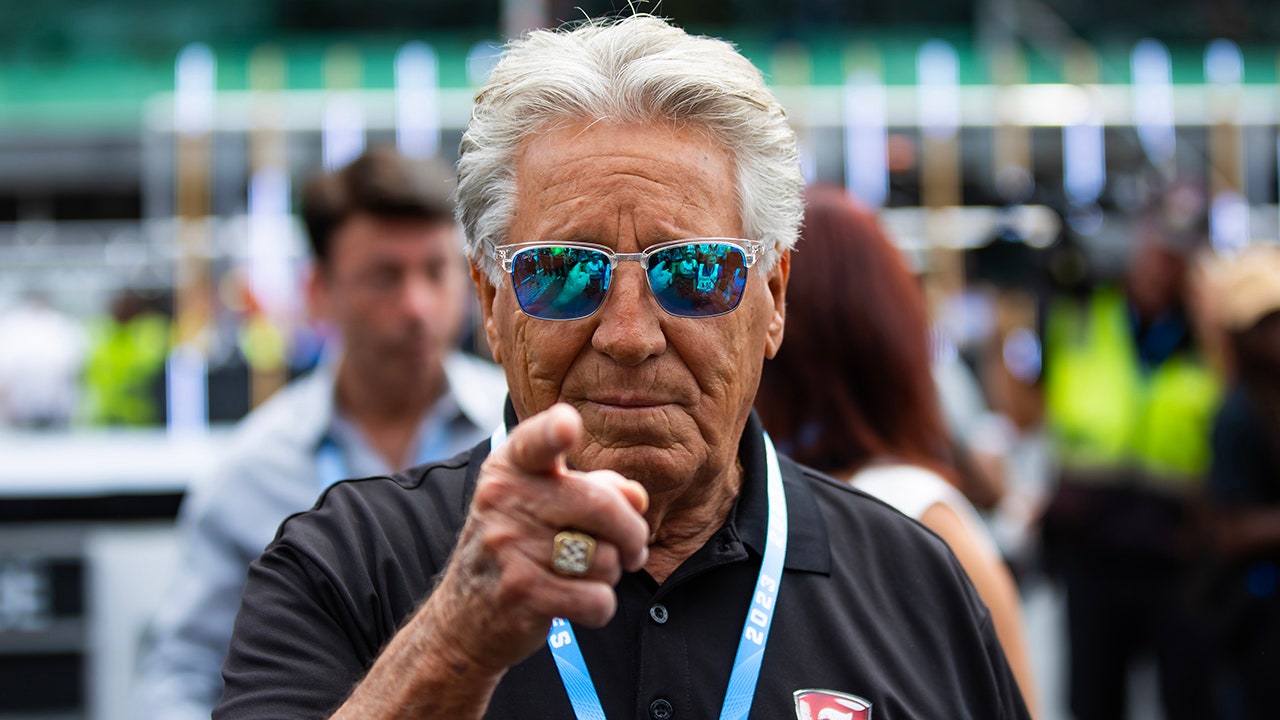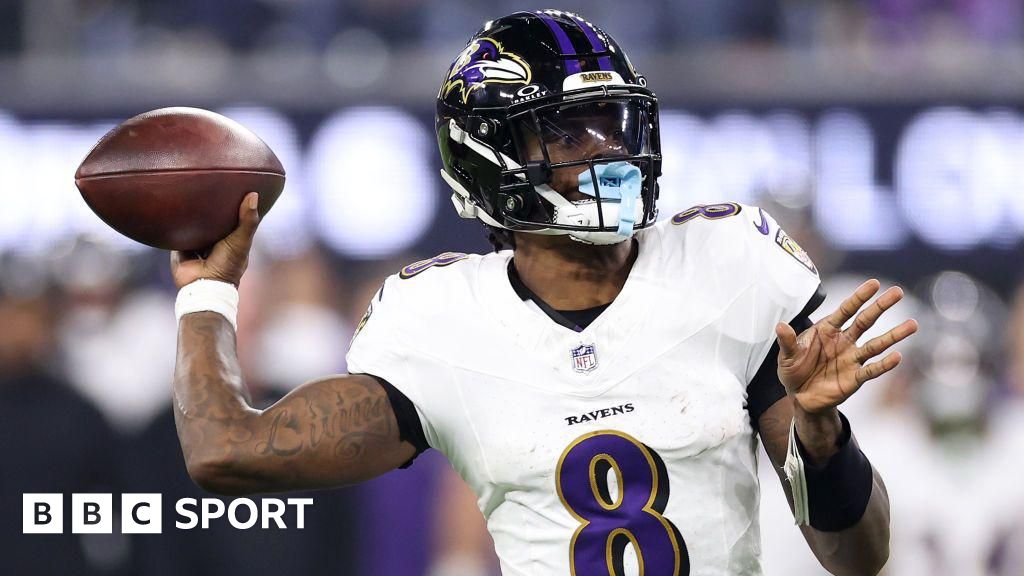Norbert Leo Butz on the secrets to playing Bill Belichick in ‘American Sports Story: Aaron Hernandez’ – The Boston Globe

Butz and I spoke over Zoom — and he was more forthcoming than Belichick at any Patriots press conference I’ve seen.
Q. What did you know about Bill Belichick going into this series? Are you a football fan?
A. I say this with some embarrassment: my agent called me and said, “Hey, there’s some interest in you in playing Bill Belichick in this Patriots thing,” and it was one of those things where it was like, try to cover the fact that you don’t really know who they’re talking about. I was like, “Remind me. Remind me.” Then I was like, “Oh, right, the guy with the cutoff hoodies.” Meredith, I’ll be honest with you, I am not a football fan. Well, let me correct that — I’m a football fan now, but I wasn’t going into this project. Football was a sport I just didn’t get. I was like, “Why would men the size of refrigerators elect to go and beat the crap out of each other in order to score points?” I’ll tell you another anecdote. I was doing a [Netflix] series in Florida called “Bloodline,” and Coach Belichick went down to the [Florida] Keys often and fished. One of my costars [in “Bloodline”], Kyle Chandler, knew Coach Belichick because Coach Belichick was a huge fan of “Friday Night Lights.” So he actually was on set one day to visit, and people were all in a tizzy because Bill Belichick was there. I remember being annoyed. … Flash forward eight years and, and I have this offer to play him.
Q. What went into your research? Because he didn’t give anyone much to work with in those press conferences.
A. I started with a couple of biographies on him. One is by David Halberstam. I came to see him as much more multifaceted than those press conferences would have you believe. And in fact, that stoic, kind of unemotional, mumbling guy, I thought was a real tell into who he was. I thought it was very strategic what he was doing. I thought it was all — and I think other people would agree with me — kind of an act in order to win football games.
Q. I’m thinking of a scene where Belichick is talking to Aaron Hernandez at a party, and it’s like his mind goes elsewhere. He’s no longer engaged with anything social. It’s like football is the only thing that can be on his mind.
A. What I was able to finally find in the guy is that kind of myopic, singular-purpose, zen-like focus he had about winning football. I was like, “Oh. This is the same in the entertainment business.” It’s a cutthroat industry. There’s politics galore. The competition is ridiculous. You have to approach it — [being a] working actor — with this kind of monk-like calling to the profession. You have to constantly be reaching to be better. My wife and my kids can’t wait until I’m done with a play because I’m just so deep in it. And I was like, “OK, I am like this guy in certain ways.” I can become very fixated on what’s in front of me. So I saw that kind of unemotional, sometimes even callous attitude that he had — it was in service to this calling. Football was not a game to him; it was not something we do to pass the time. It was a religion in certain ways for him.
Q. I imagine it’s more interesting to people like me, in New England, to learn how an actor transforms, physically, into Rob Gronkowski in this. Or Bob Kraft. Or Belichick.
A. Ryan Murphy has this special effects, makeup, and hair team that he has used in all of these productions, and they are amazing at what they do. I mean, I have some resemblance to Bill Belichick. He’s much bigger than me. He weighs probably 80 pounds more than me. He’s got that wispy hair. He’s got much deeper lines in his face. He has more weathered skin. It was three to three-and-a-half hours in makeup every day and then another hour-and-a-half to get it off.
Q. How many sweatshirts were you working with?
A. I was heavily layered. He’s not a tall guy, but he’s just built like a brick house. I had some Under Armor thing. I had shoulder padding, kind of man-boob padding, stomach padding, another T-shirt over that, and then the hoodie sweatshirt would come on. Then on top of that would be the coats and the beanies, and that was, I would say, without a doubt, the hardest part of the shoot. … We had to shoot those [fall scenes] in May in Florida, in 90-degree weather.
Q. I saw you’re in the upcoming Bob Dylan feature, “A Complete Unknown,” starring Timothée Chalamet. You get to play another real person.
A. I got to play this hugely influential ethnomusicologist named Alan Lomax, who’s really responsible for bringing folk music to the American public in the ‘40s, ‘50s, and ‘60s — a brilliant guy and an early mentor of Bob Dylan. Alan Lomax was also one of the founders of the Newport Folk Festival.
Q. My last thought: it would be nice to walk into a room with the confidence of Bill Belichick. Based on your research, can you advise?
A. This is what I learned about the guy. He just knew more, for real, than anybody else in the room about the thing he was there to do. I don’t know if you can, like, adopt that Belichick attitude. This is a kid who, from the time he could walk or talk, was living on football fields with his father, whom he adored. Learning this one sport. It’s that Malcolm Gladwell thing, right? [That it takes 10,000 hours to become an expert at anything.] It’s just [Belichick] is so beyond 10,000 hours, it’s not even funny. That’s why he just didn’t suffer any fools. That’s why he didn’t have to be the guy with the loudest voice.
Q. So basically, it’s easier not to have impostor syndrome when you’re not an imposter.
A. That’s exactly, exactly right.
Interview was edited and condensed. Meredith Goldstein can be reached at Meredith.Goldstein@Globe.com.
Related
Sassy Cassie: OSU vs. Michigan is the best rivalry in…
It is known as “The Game.” The Ohio State University Buckeyes versus the University of Michigan
F1 legend Mario Andretti talks American drivers, constructors getting back…
LAS VEGAS – Mario Andretti is only one of two American drivers to win a Formula 1 World Championship and the last one to accomplish it in 1978.In that 1978 s
Eliminating harmful stereotypes related to Native American mascots in sports…
📖 History and contextThe beginning of the movement to remove harmful “Indian” mascots can be traced back to the 1968 National Congress of American Indian













